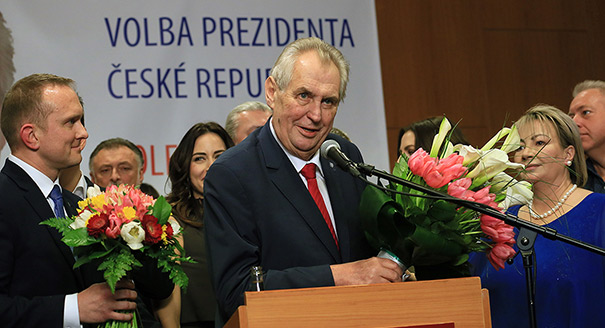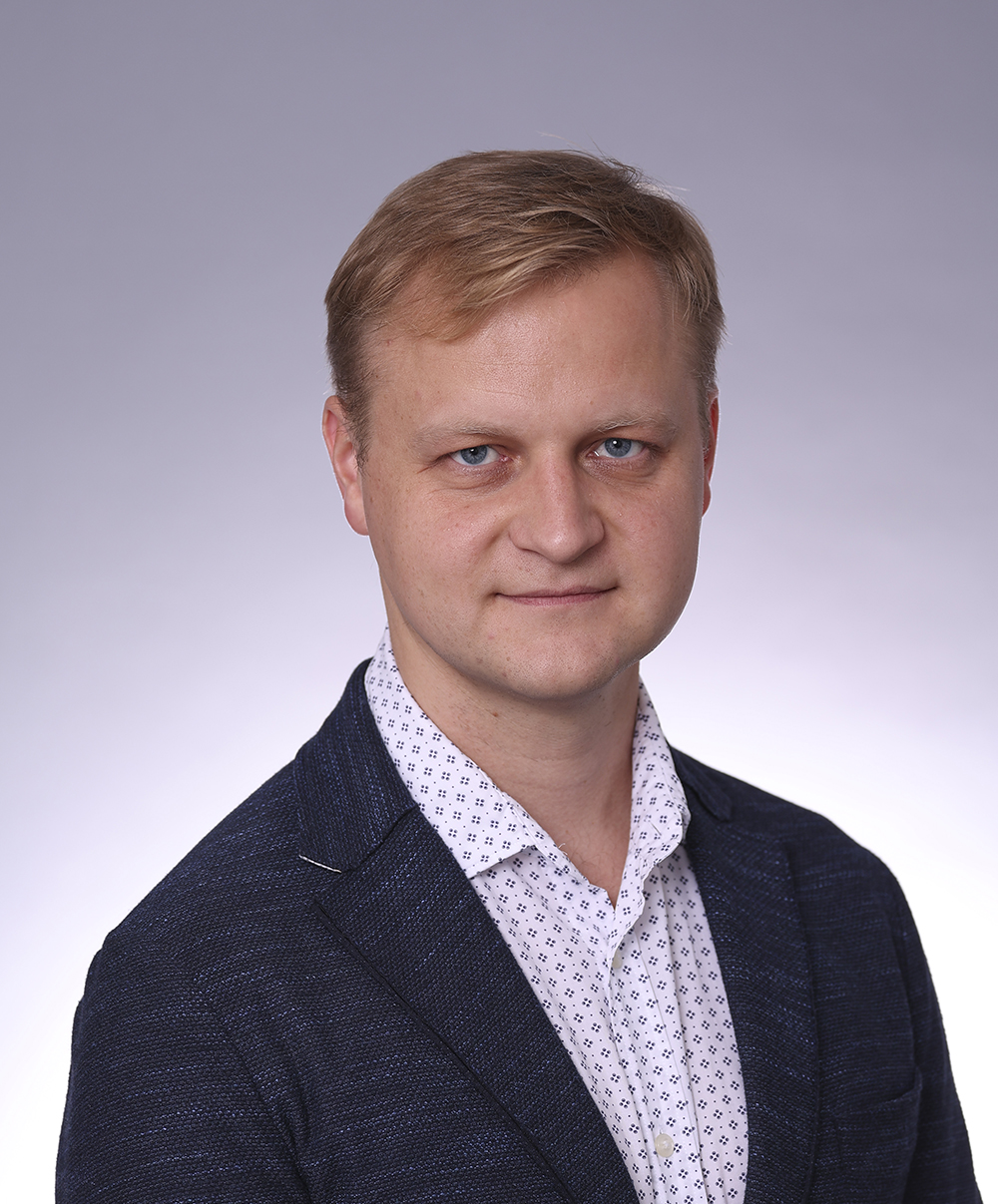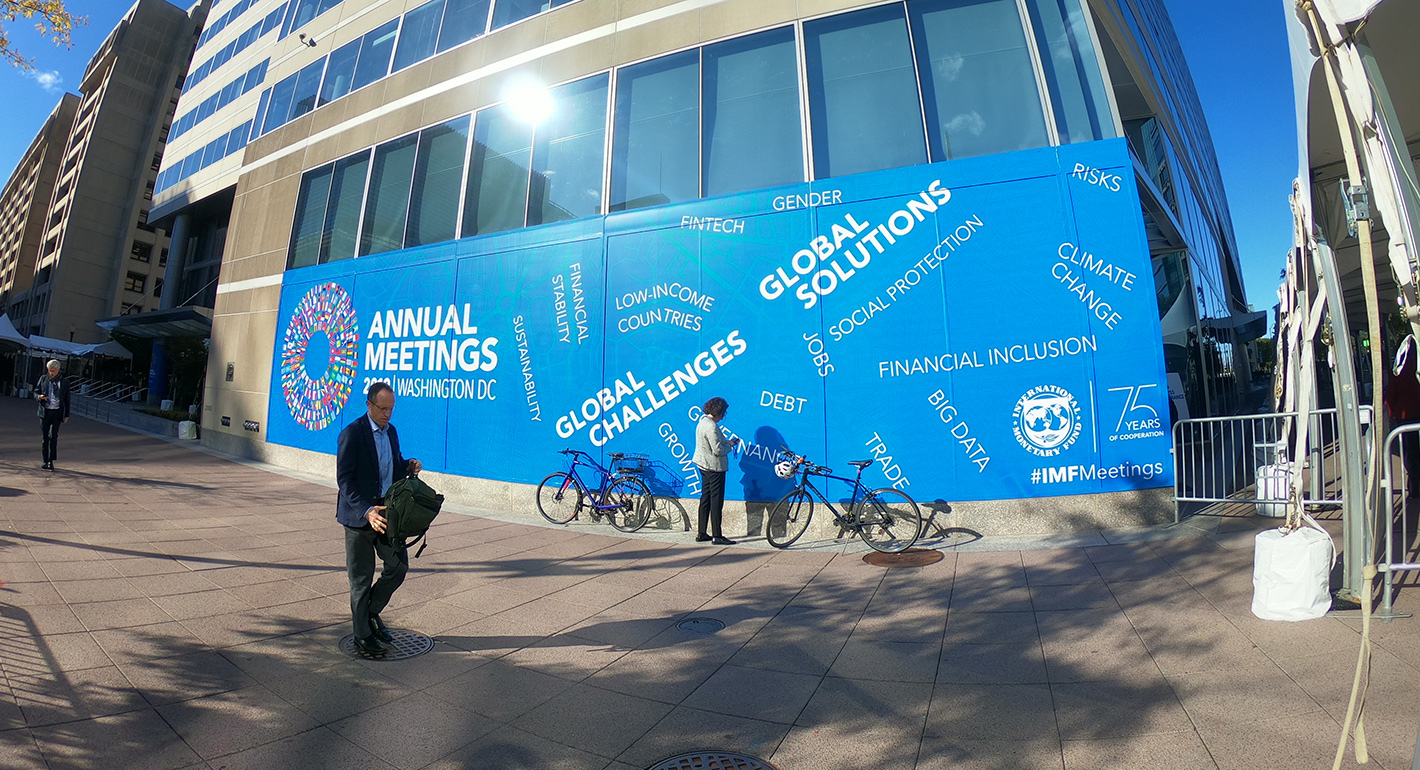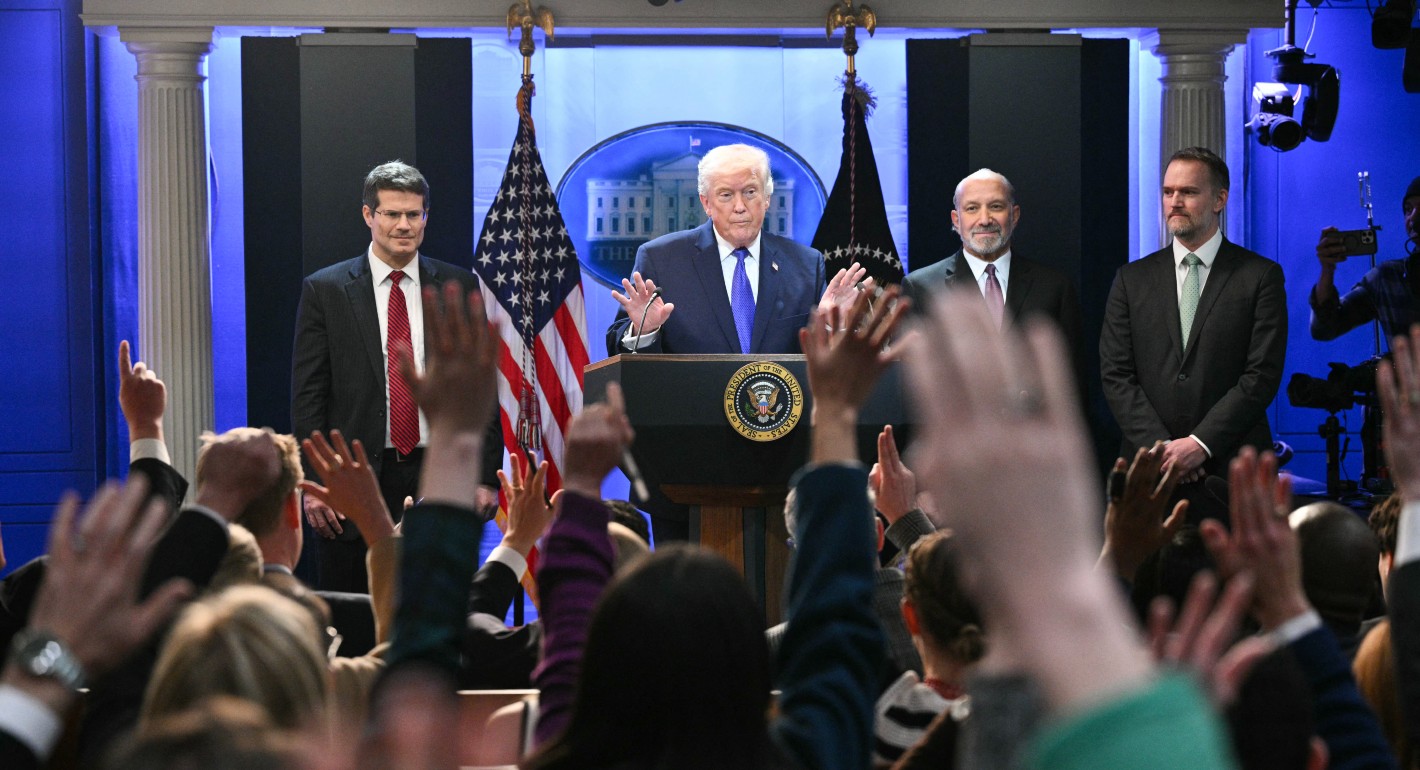Maksim Samorukov
{
"authors": [
"Maksim Samorukov"
],
"type": "commentary",
"centerAffiliationAll": "",
"centers": [
"Carnegie Endowment for International Peace",
"Carnegie Russia Eurasia Center"
],
"collections": [],
"englishNewsletterAll": "",
"nonEnglishNewsletterAll": "",
"primaryCenter": "Carnegie Endowment for International Peace",
"programAffiliation": "",
"programs": [],
"projects": [
"The Return of Global Russia: A Reassessment of the Kremlin’s International Agenda"
],
"regions": [],
"topics": [
"Economy"
]
}
Source: Getty
Pragmatic Symbolism: What Zeman’s Victory in the Czech Republic Means for Russia
When making pro-Russian statements, the Czech president has domestic policy goals in mind. Zeman wants to demonstrate that he represents ordinary people and is prepared to stand up to the elites. He is indicating that he will put the Czech Republic’s practical interests before abstract universal values, and focus on the national economy rather than empty intellectual discussions.
At first glance, the recent Czech presidential election appeared to fit neatly into the increasingly familiar picture of the struggle between liberalism and populism—despite the fact that the country is a parliamentary republic.
Representing the forces of good was Jiří Drahoš, a pro-Western intellectual and the former president of the Czech Academy of Sciences. His opponent over on the dark side was the vulgar pro-Russian xenophobe Miloš Zeman. Voters faced a geopolitical choice between different values. “It’s not about personalities, just pick whether you’re with Europe or with Russia, and don’t let us down!” was the sentiment from outside the country.
After the incumbent Zeman won with 51.4 percent of the vote on January 27, the Czech Republic was lumped in together with the rest of Central Eastern Europe as a stronghold of populist nationalists who pander to people’s lowest instincts, undermine European unity, and cozy up to Russian President Vladimir Putin.
But if we look at the Czech election in the local historical context, it is almost identical to previous ones. It was a standoff between two traditional types of Czech politicians: a liberal, pro-Western intellectual, and a conservative pragmatist who distrusts everything foreign and puts practical gains above all.
Five years ago, in the country’s first direct presidential election, these roles were played respectively by Prince Karel Schwarzenberg and Miloš Zeman. Prior to that, we witnessed a standoff between former presidents Václav Havel and Václav Klaus. Back then, presidents were elected by the Czech parliament, but the men’s mutual dislike and fierce rivalry were well known.
The traditional dichotomy between pro-Western idealists and nationalistic pragmatists doesn’t hold water in the context of the Czech political configuration, in which it is common both for politicians from the same side of the barricades to clash, and for those from opposite parties to work together. In 1998–2002, Klaus and his right-wing party supported the social democrat Zeman and his minority government. In the recent election, Klaus lent his support to his longtime adversary Zeman once again, while lashing out at his alleged right-wing ally Drahoš.
Fortunately for the Czech Republic, the two political camps are quite constructive and entirely democratic, which is not the case in many Central Eastern European countries. Despite all the attempts to portray Zeman—and Klaus before him—as a populist and an enemy of democracy, neither man has tried to change the country’s constitutional order or the principle of separation of powers, or to remake the system of government to suit himself, like Jarosław Kaczyński and Viktor Orbán had in Poland and Hungary, respectively. They express mistrust of Brussels, but don’t seek to prohibit adversarial NGOs or fight for stronger moral values.
There was a lot of talk during the election that Zeman’s populism posed a threat to Czech democracy, but that threat is clearly overstated. Zeman has already held the presidency for five years, and this did no harm to Czech democracy: the presidential election was held on time with no administrative pressure, the main candidates debated each other, and the campaign fund of Zeman’s opponent was even greater than the incumbent’s.
Attempts to portray Zeman as a European version of U.S. President Donald Trump are no less far-fetched. Unlike Trump, Zeman is a highly experienced politician who has served four years as prime minister, two years as parliamentary speaker, eight years as head of one of the two largest parties, and five years as president. In fact, this vast political experience is the main reason for Zeman’s victory. Drahoš is a recent arrival in Czech politics, and didn’t appear in public much as president of the Academy of Sciences.
Applying Western paradigms to this election clearly exaggerated the degree of polarization in Czech politics. In reality, the Czech Republic’s major political forces agree on a wider array of issues than politicians in many other European countries. Neither Drahoš nor Zeman has plans to withdraw from NATO or the EU: on the contrary, both are willing to expand integration in terms of foreign policy and security. Neither rules out joining the euro zone, although not in the immediate future, and both oppose mandatory quotas on accepting refugees.
In fact, Russia was the main foreign policy issue that divided the candidates. Drahoš sees it only as a source of threats, and believes in closer EU integration as a remedy. Zeman, on the other hand, views Russia as a major power and almost a neighbor that’s not going to go anywhere, so the Czech Republic would be better off cooperating with Russia and using it as an export market and a counterbalance to relations with the EU.
It would be wrong, however, to expect overly warm feelings toward Russia from someone who had to waste twenty years of his life because of the Soviet crackdown on the Prague Spring. When making pro-Russian statements, Zeman has domestic policy goals in mind. He wants to demonstrate that he represents ordinary people and is prepared to stand up to the elites. He is indicating that he will put the Czech Republic’s practical interests before abstract universal values, and that he will focus on the national economy rather than empty intellectual discussions.
There is actually nothing new about what Zeman is doing. His position is quite common among Czech politicians. His predecessor Klaus gladly spoke Russian and urged the EU to refrain from building its relations with Russia around the needs of the small Baltic states. In 2008, Klaus said that the West had created a precedent in Kosovo that Russia had then used to intervene in Abkhazia and South Ossetia. But the global situation wasn’t as tense back then, so Klaus managed to avoid being labeled a Kremlin agent brought to power by Russian hackers.
Zeman’s first five-year term as president didn’t lead to any major breakthroughs in Russian-Czech relations. Like many Czech people, Zeman supports the construction of the Nord Stream 2 pipeline: if the project is implemented, the Czech Republic will become an important transit point en route to southern Germany and Slovakia. Besides, the pipeline is co-sponsored by Germany, which the Czechs don’t want to upset either. Like many other Czech politicians, Zeman regularly talks about how inefficient economic sanctions on Russia are, but does little to block their extension.
Zeman is not simply aiming at closer cooperation with Russia; he is trying to diversify the Czech Republic’s international connections overall. He also compliments Trump, and took a larger delegation to Beijing than he did later on to Russia.
Moscow’s gains from Zeman’s presidency will, therefore, most likely be symbolic. Putin might be invited to Prague to demonstrate that Europe’s isolation of Russia no longer works. Zeman’s presidential victory will probably help the parliamentary election winner Andrej Babiš to form a government, which means that the new Czech cabinet will be more or less neutral toward Moscow. Zeman will continue with his tough talk that pleases Moscow but upsets Western European leaders.
Czech history can’t boast a great number of democratic presidents, but all of them—Tomáš Masaryk, Edvard Beneš, Václav Havel, and Václav Klaus—were outstanding European politicians. Zeman’s reelection continues this tradition. No matter how nominal the office of president is, the Czechs would still rather see an outspoken and independent politician in it than a well-behaved professor repeating a set of platitudes.
About the Author

Fellow, Carnegie Russia Eurasia Center
Samorukov is a fellow at the Carnegie Russia Eurasia Center.
- Ever Increasing Circles: How Bulgaria Is Straying from Russia’s OrbitOther
- In Odesa’s Shadows: What Is Russia’s Strategy in Moldova?Paper
Maksim Samorukov
Recent Work
Carnegie does not take institutional positions on public policy issues; the views represented herein are those of the author(s) and do not necessarily reflect the views of Carnegie, its staff, or its trustees.
More Work from Carnegie Endowment for International Peace
- The Gulf Monarchies Are Caught Between Iran’s Desperation and the U.S.’s RecklessnessCommentary
Only collective security can protect fragile economic models.
Andrew Leber
- Duqm at the Crossroads: Oman’s Strategic Port and Its Role in Vision 2040Commentary
In a volatile Middle East, the Omani port of Duqm offers stability, neutrality, and opportunity. Could this hidden port become the ultimate safe harbor for global trade?
Giorgio Cafiero, Samuel Ramani
- Beijing Doesn’t Think Like Washington—and the Iran Conflict Shows WhyCommentary
Arguing that Chinese policy is hung on alliances—with imputations of obligation—misses the point.
Evan A. Feigenbaum
- Getting Debt Sustainability Analysis Right: Eight Reforms for the Framework for Low-Income CountriesPaper
The pace of change in the global economy suggests that the IMF and World Bank could be ambitious as they review their debt sustainability framework.
C. Randall Henning
- How Middle Powers Are Responding to Trump’s Tariff ShiftsCommentary
Despite considerable challenges, the CPTPP countries and the EU recognize the need for collective action.
Barbara Weisel







